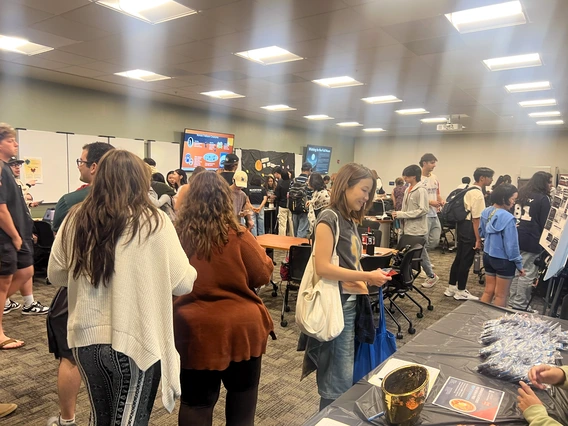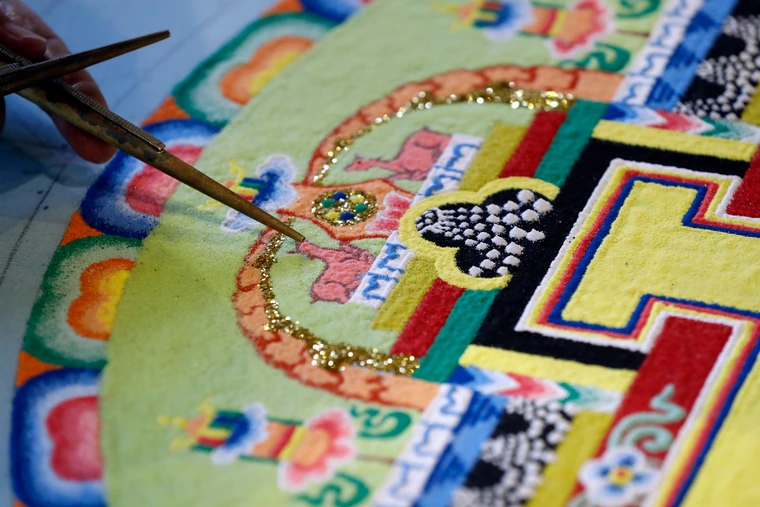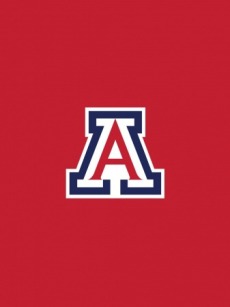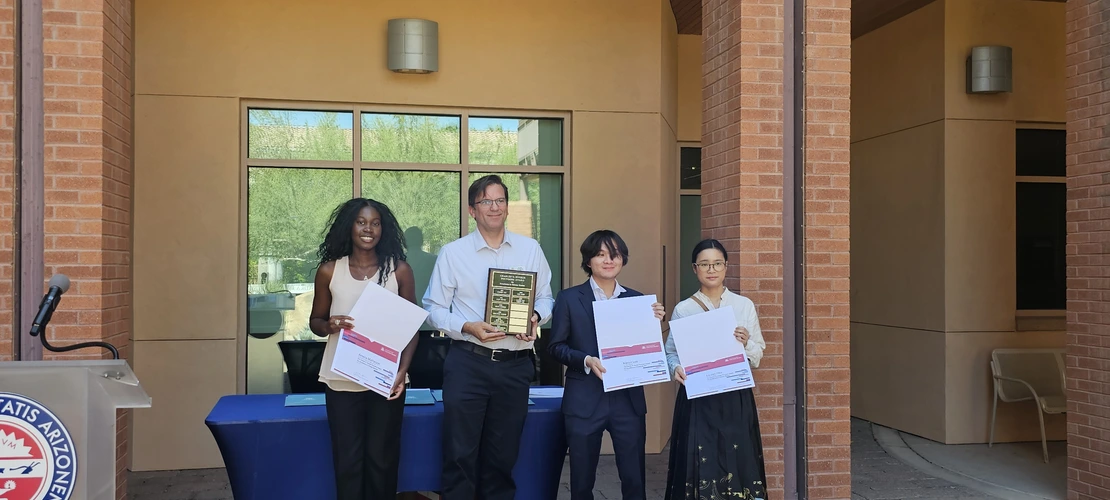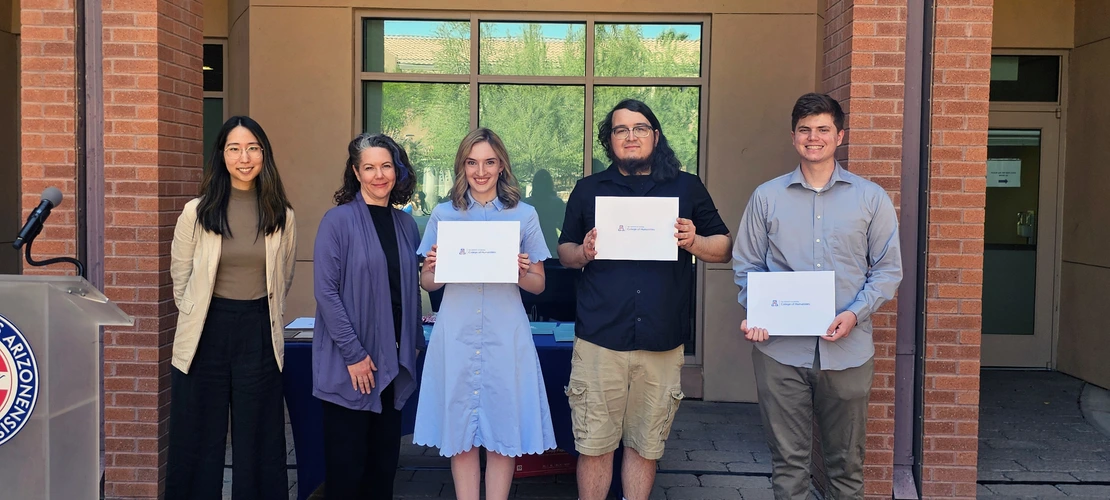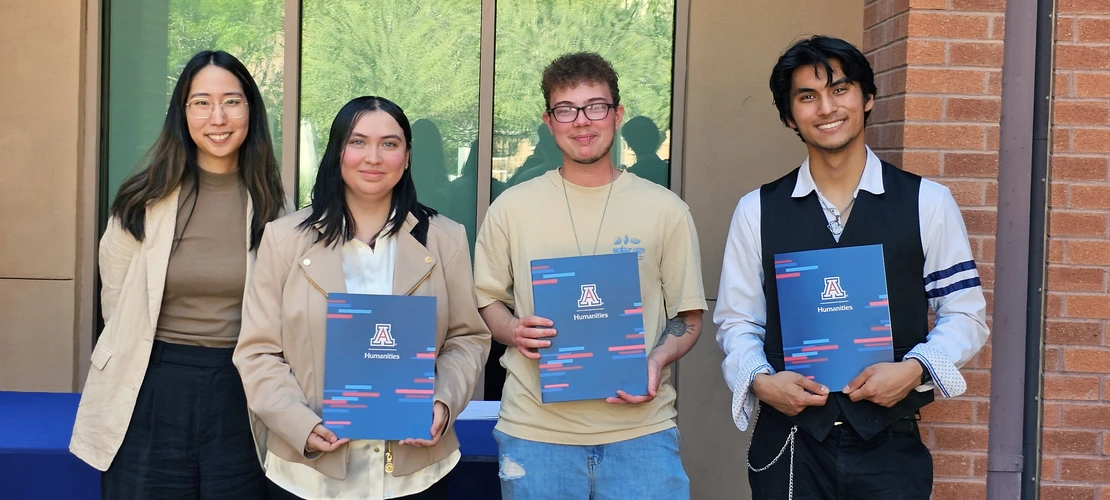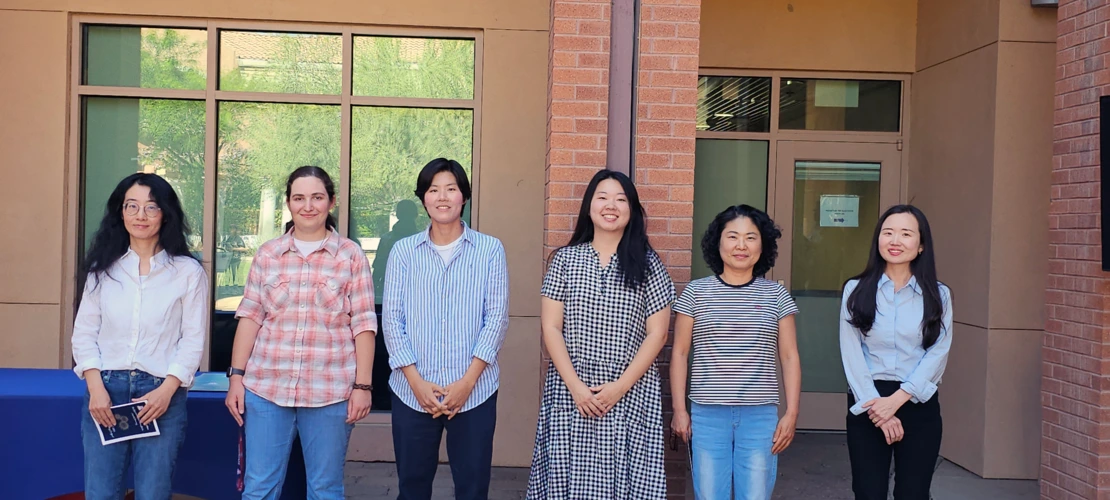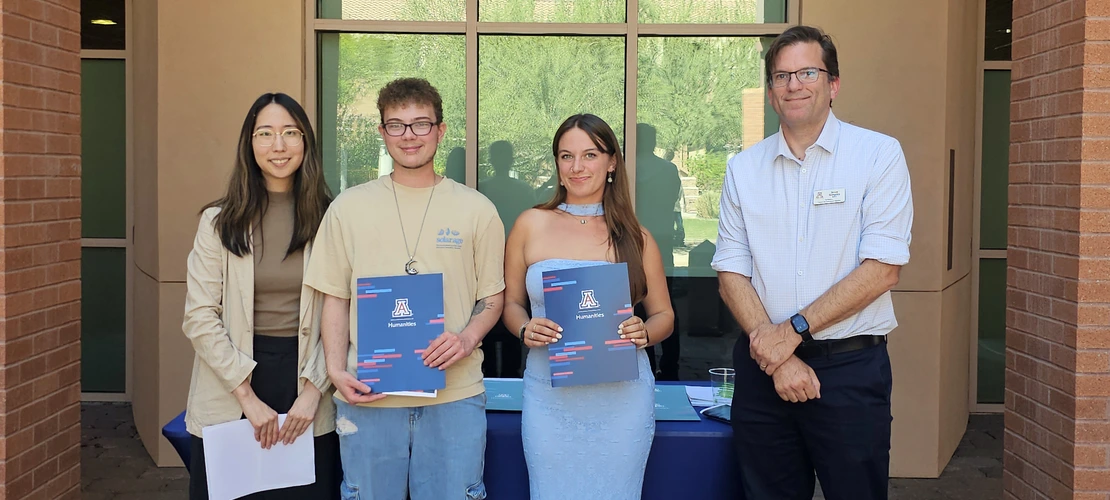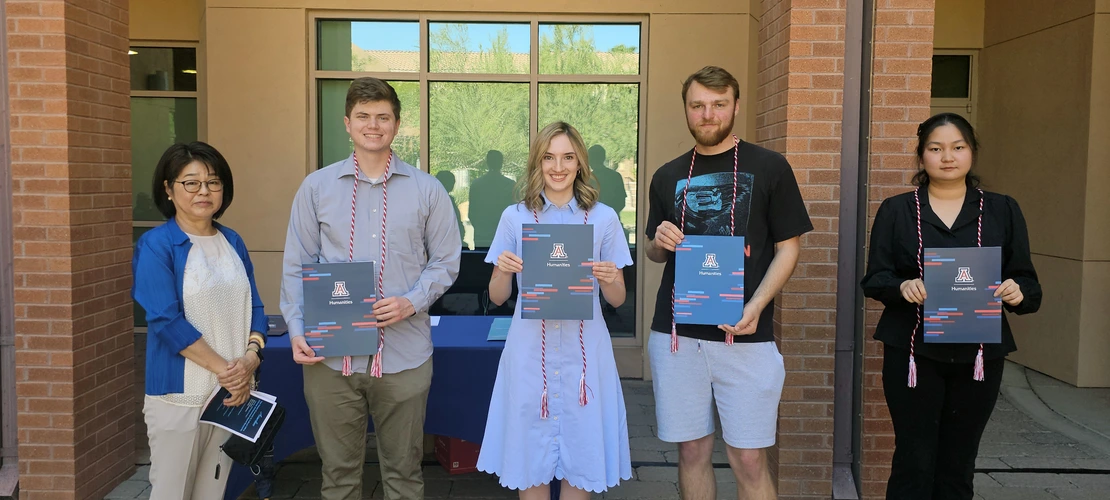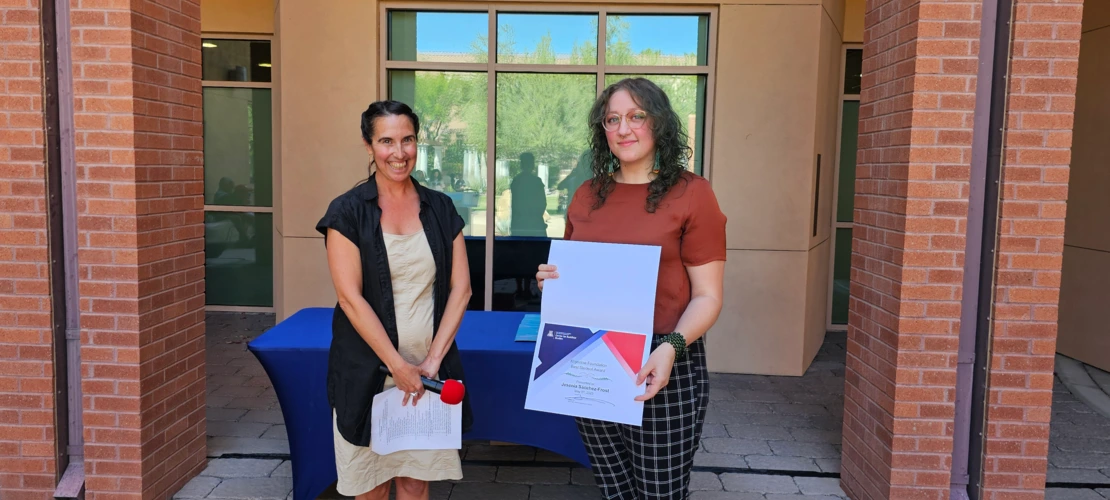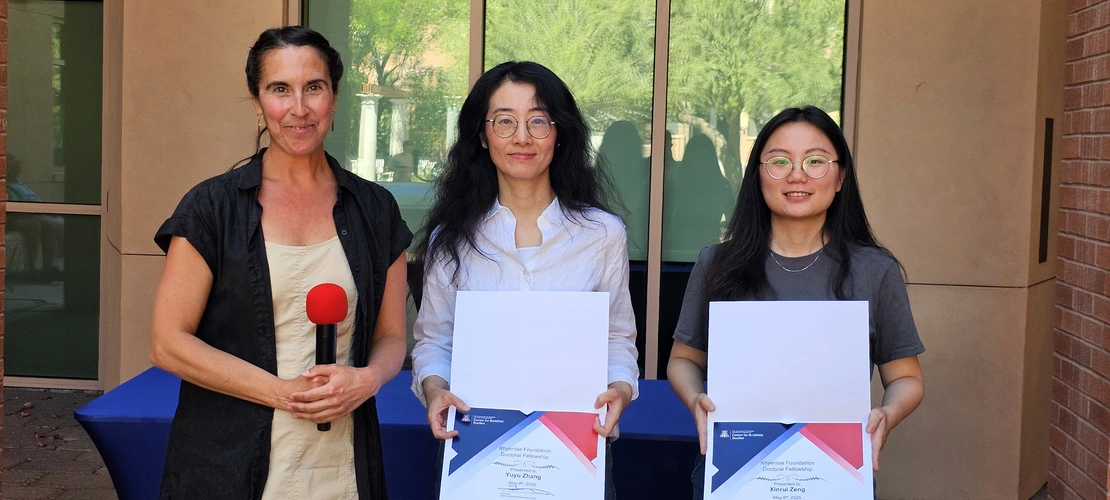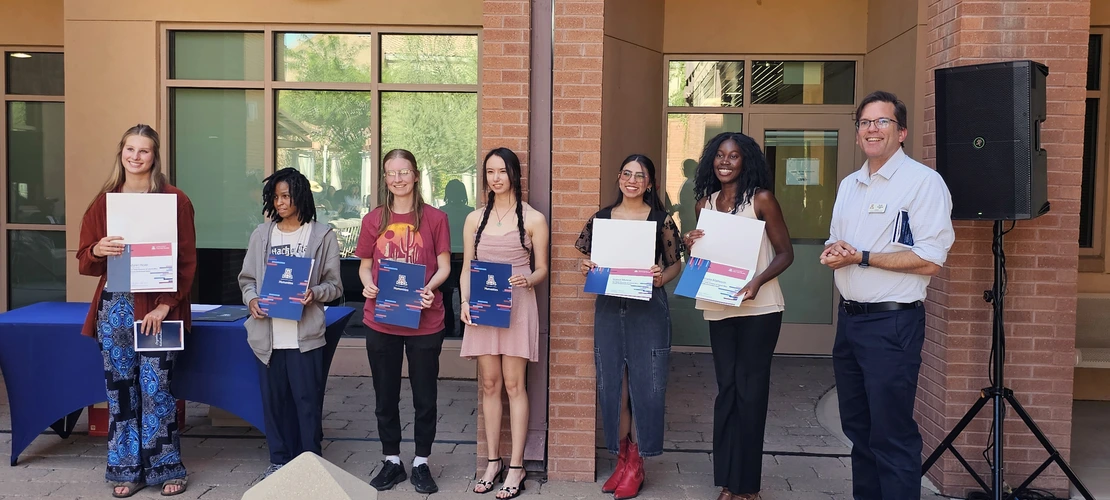Every year, the Department of East Asian Studies hosts an award ceremony to acknowledge its students for their exceptional performance and hard work during the academic year. On May 8th, 2025, the following awards were given:
- The Charles O. Hucker Founders Award for Excellence in Chinese Studies: The Charles O. Hucker Founders Award is named after Professor Charles O. Hucker, who came to the University of Arizona in 1956 and established the Oriental Studies Department, the predecessor of the University of Arizona’s current East Asian Studies Department and Near Eastern Studies departments. This award has been given annually since 1997 to honor a student for academic achievement in the field of Chinese.
- The Barbara Blair Prize for Excellence in Japanese Studies: The Barbara Blair Prize, started in 2007, is named after Barbara Bowman Blair (1925-2005). The Blair Prize was established both to honor Barbara Blair, and the academic accomplishments of U of A students, but also in the hope that the recipients will, in their own individual ways, contribute in the future to cross-cultural understanding, particularly between the nations of Japan and the United States.
- Outstanding Senior Capstone
- Graduate Assistant, Teaching Special Recognition: This recognizes the outstanding contributions of the Department's Graduate Assistant, Teaching or GATs have made in graduate teaching.
- The Center for East Asian Studies Graduating Senior Award: The Center for East Asian Studies (CEAS) has established this award to honor an outstanding graduating senior in East Asian Studies, especially those who have demonstrated achievement in the Korea Studies program.
- The Center for East Asian Studies Student Excellence Award: The Center for East Asian Studies Student Excellence Award recognizes outstanding University of Arizona undergraduates for their academic achievement, engagement, and contributions to the Center’s mission of promoting East Asian languages and culture.
- The Center for Buddhist Studies - Khyentse Foundation Student Award: The Khyentse Foundation Student Award was established in 2018 at the Center for Buddhist Studies to encourage the University of Arizona graduate and undergraduate students to study Buddhism and its related subjects. Since 2001, Dzongsar Khyentse Rinpoche and a team of volunteers have been committed to providing funding for individuals and organizations seeking to make the dharma available to the world.
- The Taiwan Economic & Cultural Office Chinese Achievement Award: Sponsored by the Taiwan Economic and Cultural Office (TECO), this award recognizes the highest-achieving student in each level of the Chinese Language Program’s classes.
The following students were selected by the Department for their excellent academic performance during the academic year:
The Charles O. Hucker Founders Award Recipients:
Lauren Hsu
Kieran Lee
Honorable Mention: Amelia Matheson
The Barbara Blair Prize Recipients:
Hayley Green
Manny Gonzalez
Honorable Mention: Harrison Moffatt
Outstanding Senior Capstone Recipients:
Myles Fajardo, Bridging Blood and Belonging: A Case Study of Cultural Identity Formation in Transnational Adoption
Tai Ives, Empire’s Memory: How US Imperialism Shaped the Contemporary Memory of the Korean War
Jessica Guzman Valenzuela, Identity among Koreans in Cuba
Graduate Assistant, Teaching Special Recognition Recipients:
Yoon Ahn
Nena Choi
Eunsil Cho
Brianna Erler
Iris Li
Subin Oh
Yuyu Zhang
The Center for East Asian Studies Graduating Senior Award
Cymone Van Marter
Lindsay Wilmarth
Honorable Mention: Tai Ives
The Center for East Asian Studies Student Excellence Award Recipients*
Hayley Green
Jacob Frank Komper
Bridie Li
Harrison Moffatt
Khyentse Foundation Best Student Award Recipient
Jesenia Sánchez-Frost
The Taiwan Economic & Cultural Office Chinese Achievement Award Recipients
CHN 101 – Elementary Chinese I
Maren Hover
Marco Antonio Martinez
Chrys Walton
CHN 102 – Elementary Chinese II
Ethan Jeon
Jay Leslie
Avery Todd
CHN 201 – Intermediate Modern Chinese I
Maya Y Nichterlein
CHN 202 – Intermediate Modern Chinese II
Quinn Michael O’Grady
CHN 302 – Third Year Chinese II
Izabell Molina
CHN 417 – Advanced Modern Chinese
Amelia Matheson
*Students with membership in the Japanese National Honor Society, recognized by the American Association of Teachers of Japanese for excellence in Japanese language study.
Congratulations to our students for their hard work and dedication to their academic careers!
